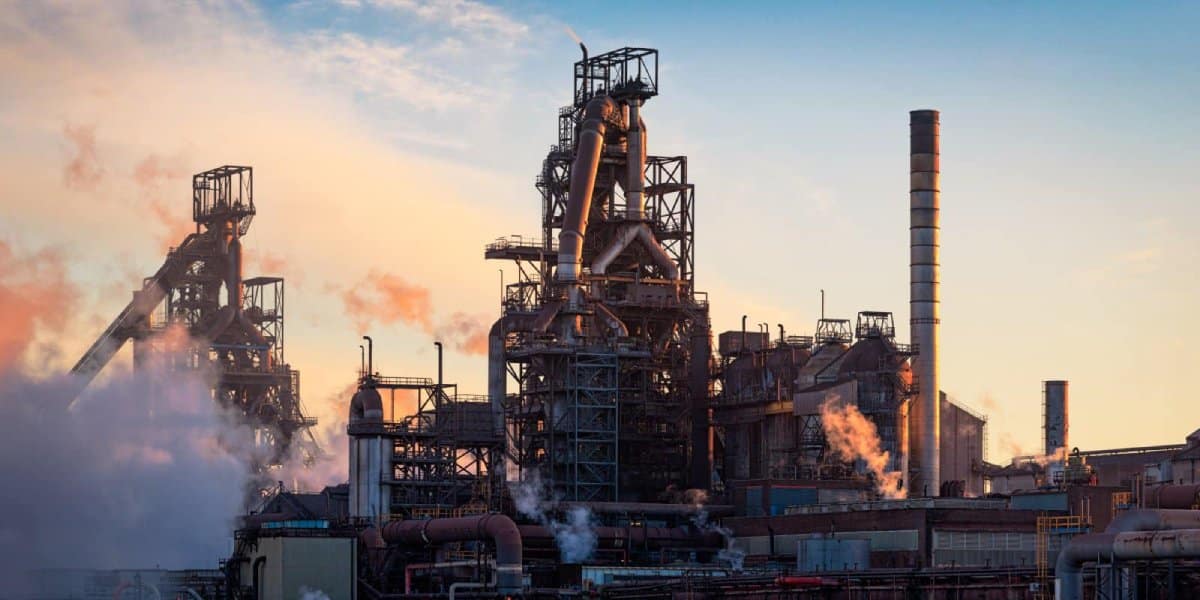In a historic turn of events, steelworkers in Wales have launched an unprecedented strike that could change the landscape of the UK’s industrial future. Here’s the full story.
“All-Out Indefinite Strike”
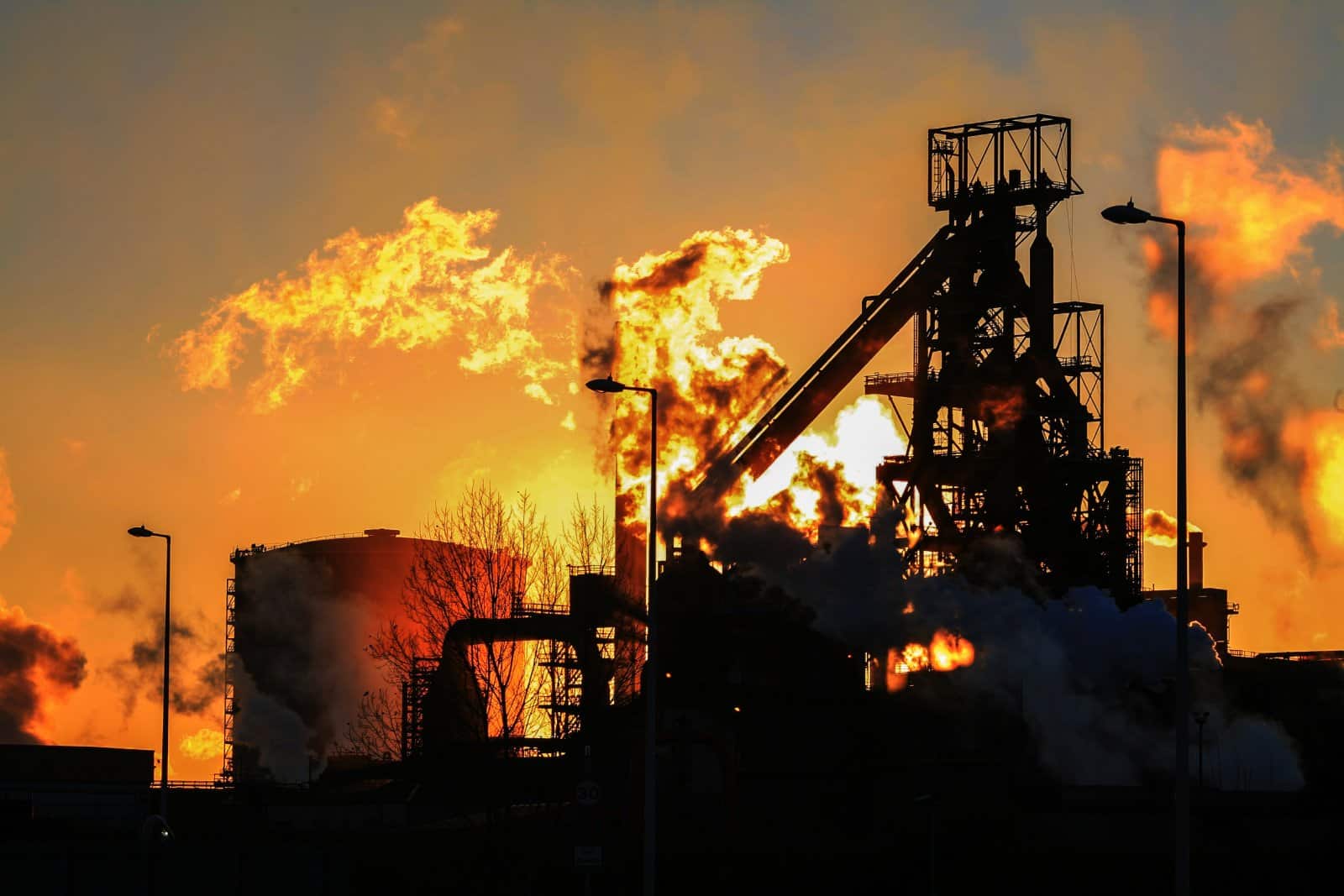
In a move not seen in the UK for over 40 years, Tata Steel workers have embarked on an “all-out indefinite strike” starting July 8.
Job Cuts Drive Strike

This strike was driven by the company’s controversial plans to cut 2,800 jobs, including the closure of the blast furnaces at the Port Talbot plant in South Wales, which would have significant ramifications for the towns of Port Talbot and Llanwern in Newport.
“Future of Communities”

The workers’ union, Unite, spearheaded the strike, with general secretary Sharon Graham stating, “Tata’s workers are not just fighting for their jobs – they are fighting for the future of their communities and the future of steel in Wales.”
Defending Local Jobs

She added, “Our members will not stand by while this immensely wealthy conglomerate tries to throw Port Talbot and Llanwern on the scrap heap so it can boost its operations abroad.”
Greener Production Plans

The closure is part of a broader strategy to transition towards greener steel production methods. Tata plans to invest £1.25 billion in building an electric arc furnace, which is less polluting but requires fewer employees.
Global Trends Impact

This shift aligns with global trends towards sustainable industrial practices, but it also threatens the livelihoods of thousands of workers and the economic stability of their communities.
Unite Leads Resistance

Unite, the union representing most Tata Steel workers, has been at the forefront of the resistance against these job cuts.
“Strikes Will Go On”

Graham stated, “The strikes will go on until Tata halts its disastrous plans. Unite is backing Tata’s workers to the hilt in their historic battle to save the Welsh steel industry and give it the bright future it deserves.”
Overtime Ban Prelude

Before the strike, Unite members had already engaged in measures short of a full walkout, such as an overtime ban and a “work to rule” policy, where they refused to perform duties beyond their contractual obligations.
Escalation to Full Strike
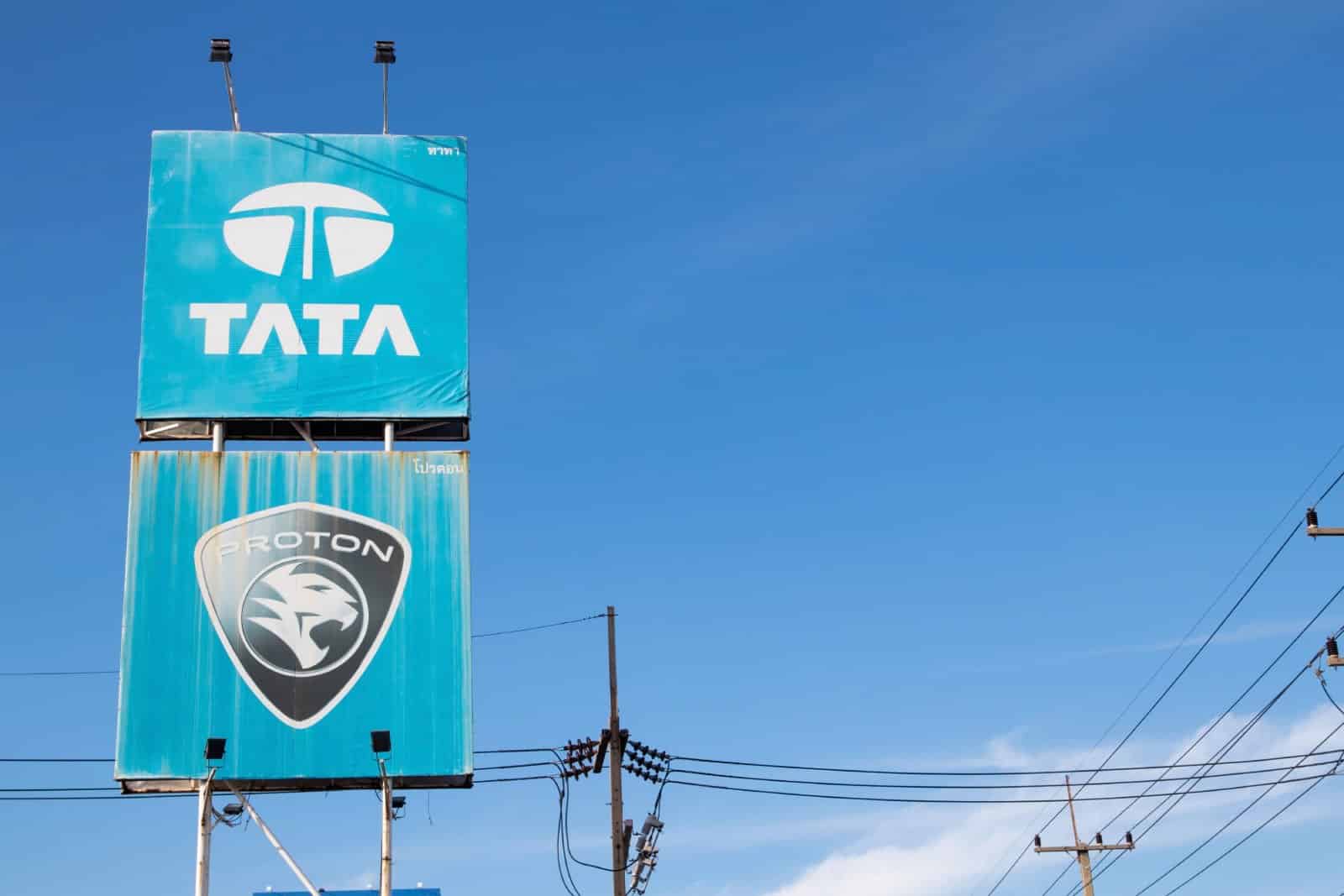
These actions aimed to signal their discontent and to pressure the company to reconsider its plans. However, the lack of a favourable response from Tata Steel led to the total strike, demonstrating the union’s resolve to escalate their protest and protect workers’ jobs.
Tata’s Financial Defense

Tata Steel defended its decision by pointing to the company’s financial challenges, alleging it was taking on unsustainable losses of £1 million a day at the Port Talbot site, though Unite has disputed this.
Profits Disputed

According to Unite, “In 2021/2022 Tata Steel’s subsidiary, Tata Steel UK reported an EBITDA (Earnings, Before Interest, Taxes, Depreciation and Amortisation) of £193 million and post-tax profits of £208 million (due to a large tax subsidy).”
“Most Favourable Package”

Rajesh Nair, the chief executive of Tata Steel, stated that the company had offered the “most favourable financial package” in its history to the affected workers.
Conditional Offer Threat

However, the carrot came with a stick, as Nair also threatened that this offer would be withdrawn if the strike proceeded.
Nair’s Conditional Offer

Nair stated, “These significantly enhanced employee support arrangements are conditional upon there being no industrial action in the business.”
Wider Implications
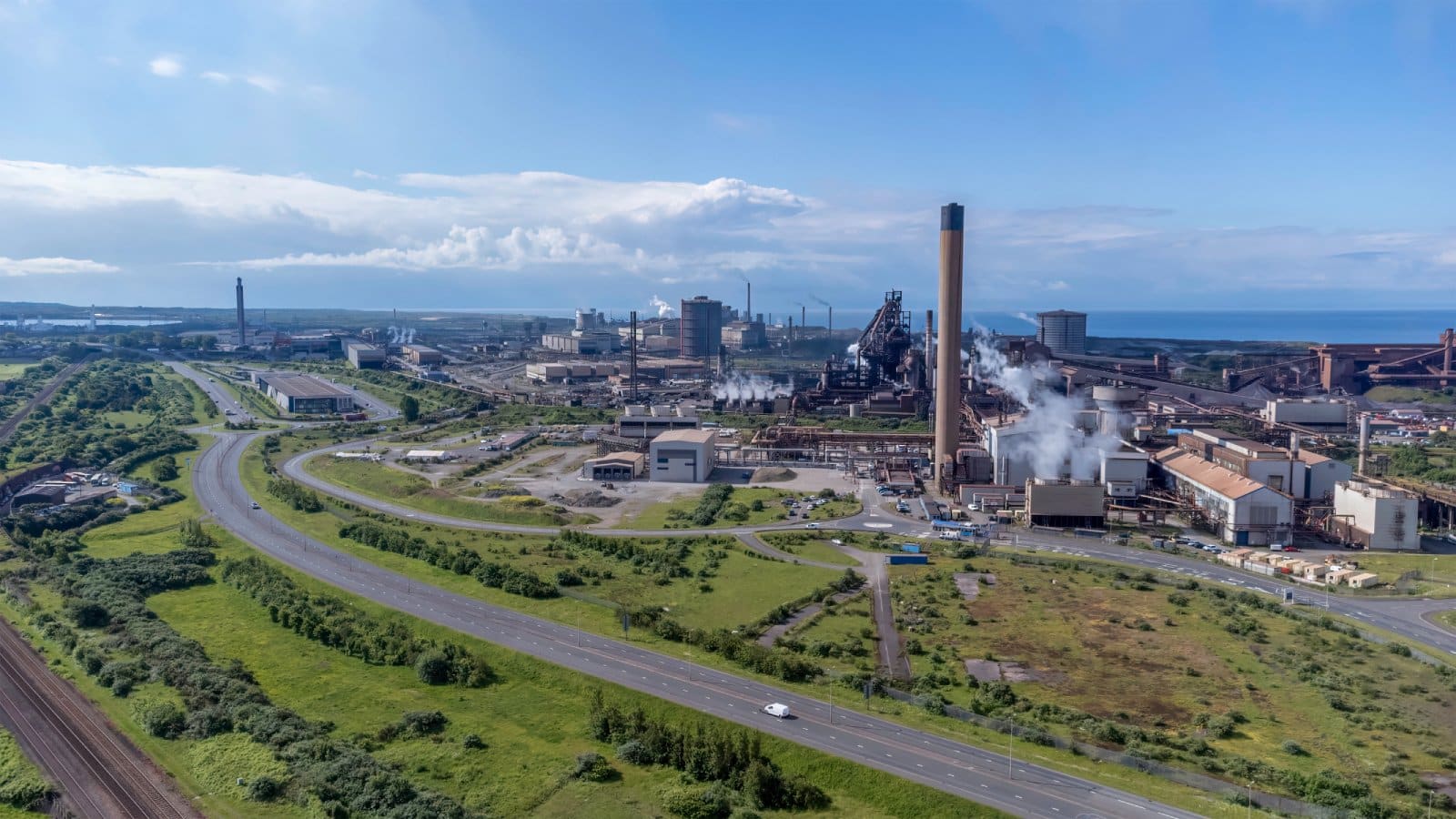
The industrial action by Tata Steel workers is not just a local or company-specific issue; it carries significant implications for the UK’s industrial landscape. Should the plant close down, the UK would be left with only one remaining steel plant in Scunthorpe.
Community Impact Debate

The social costs of the closure, including job losses and community impact, have sparked widespread debate, with unions advocating for a more balanced approach that safeguards workers’ interests while pursuing environmental goals.
Government’s Role
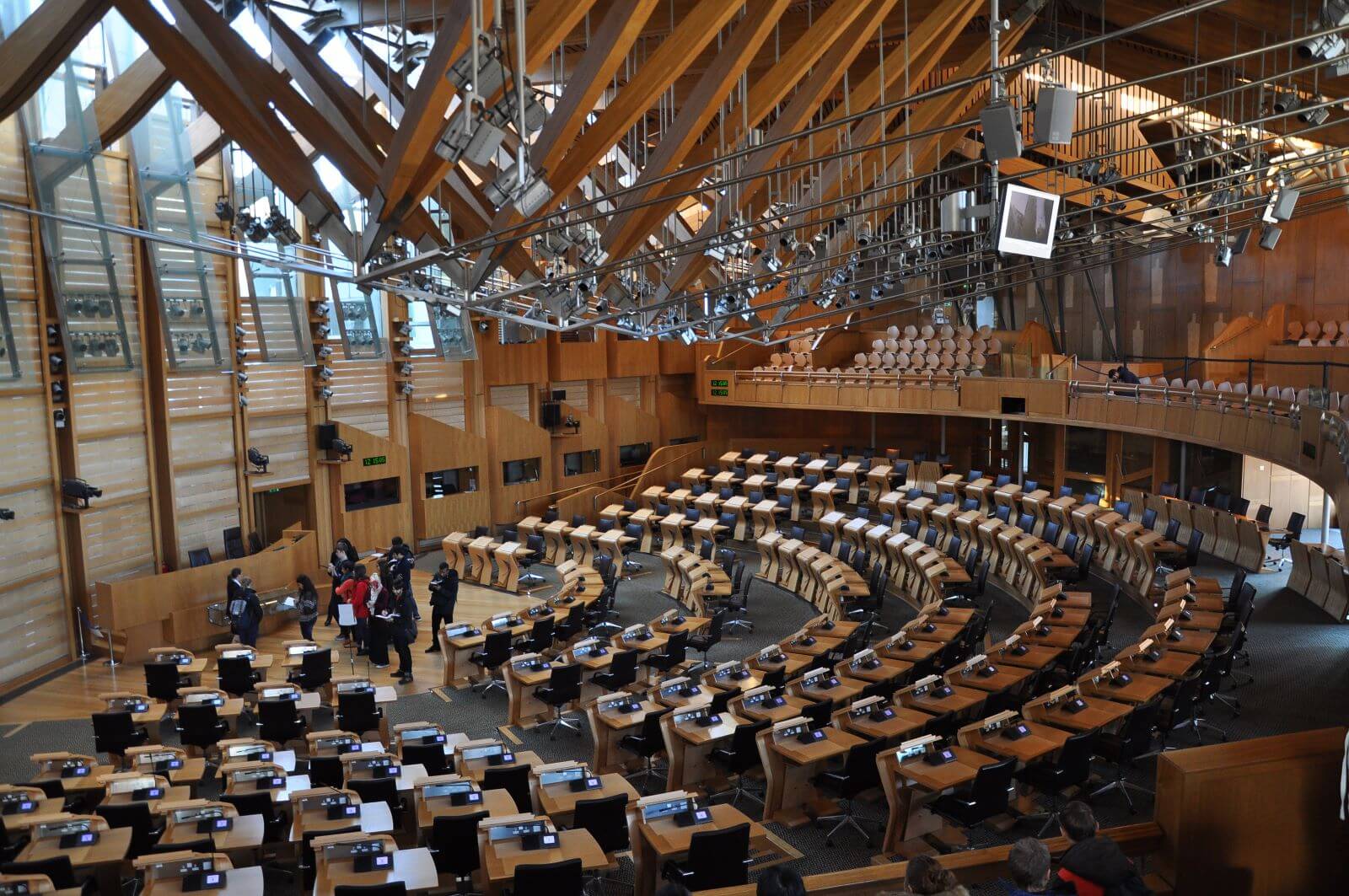
The UK government has also been implicated in this dispute, as it has pledged £500 million towards Tata Steel’s transition project. This financial support underscores the government’s commitment to modernising the steel industry and highlights the political sensitivity of job losses in a vital sector.
Possible Government Intervention
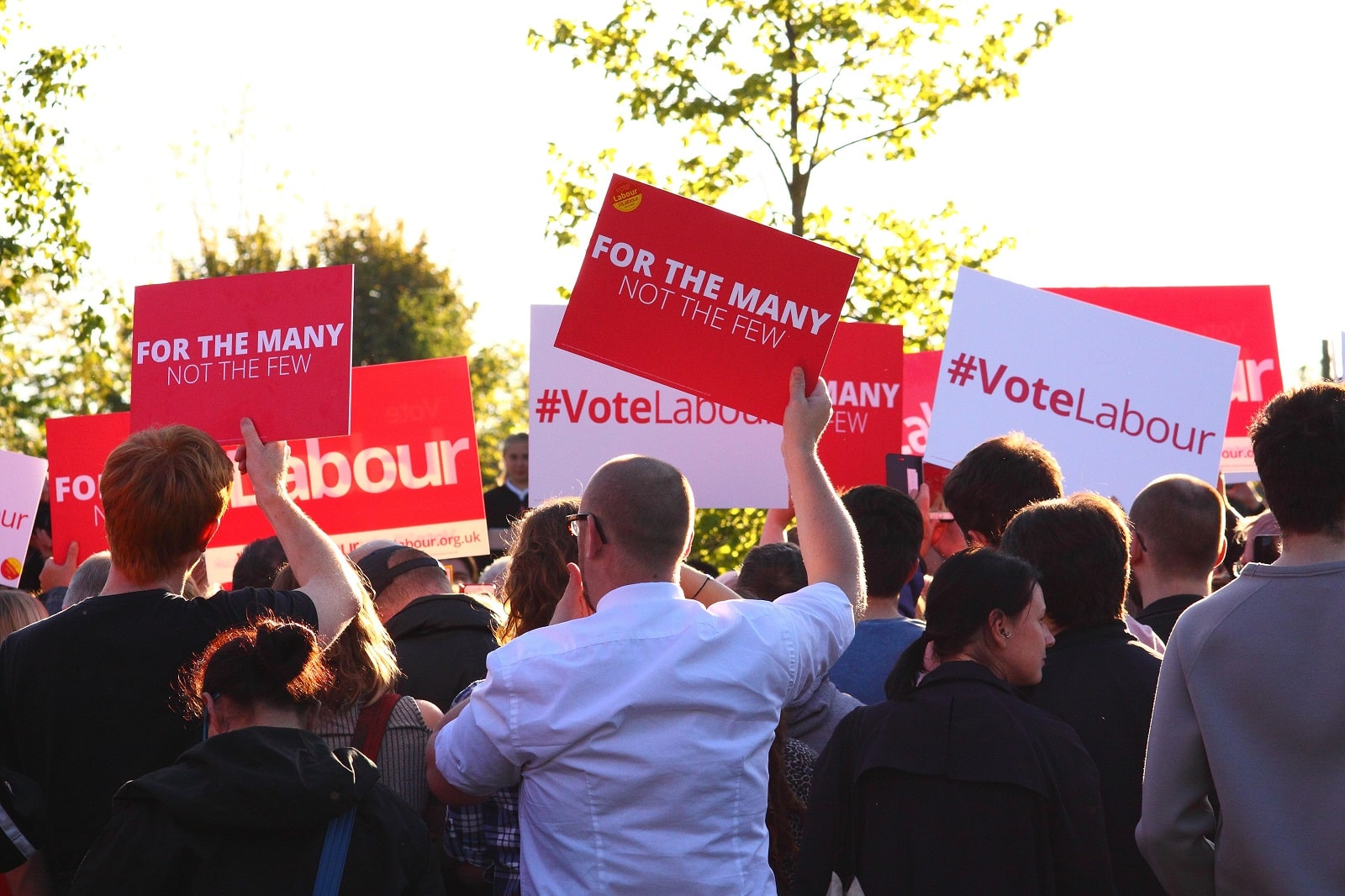
Unions have indicated they expect future government intervention, especially if the Labour Party wins the upcoming general election.
Labour’s Promise

Alun Davies from the Community union, representing most of the affected workers, stated, “If the Labour Party wins the general election, it has said that it will hold emergency talks with Tata. We welcome this and now feel it is important to wait for the completion of that process before initiating any significant course of action.”
Tata’s Disappointment
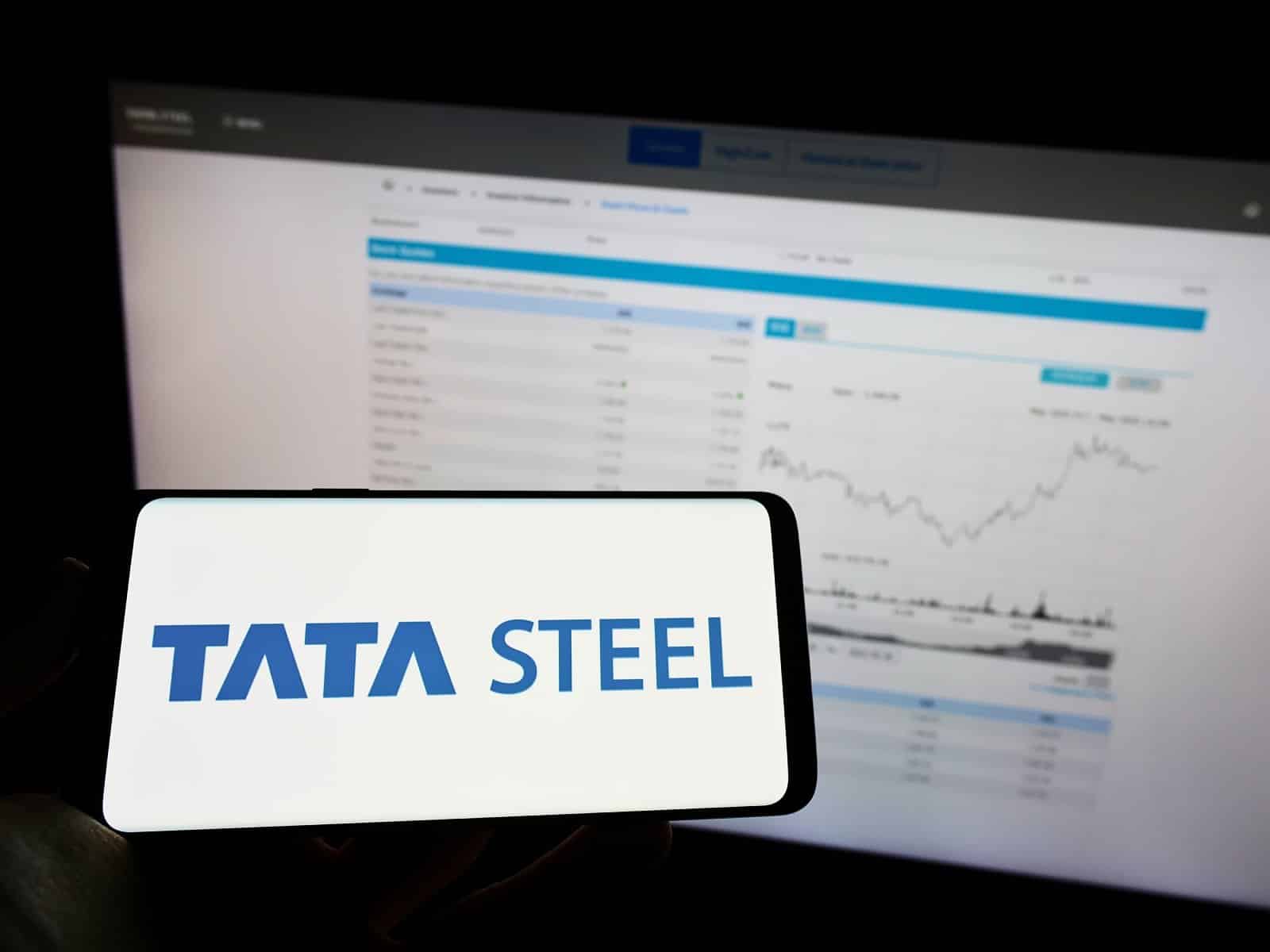
A Tata spokesperson stated, “We are extremely disappointed by Unite’s unilateral decision to call strike action.”
Historic Moment

The indefinite strike by Tata Steel workers is a historic moment for the UK steel industry and the communities dependent on it. The outcome of these industrial actions could set a precedent for how similar cases are managed in the future and highlight the need to balance economic and social considerations alongside environmental ones.
Future Uncertain
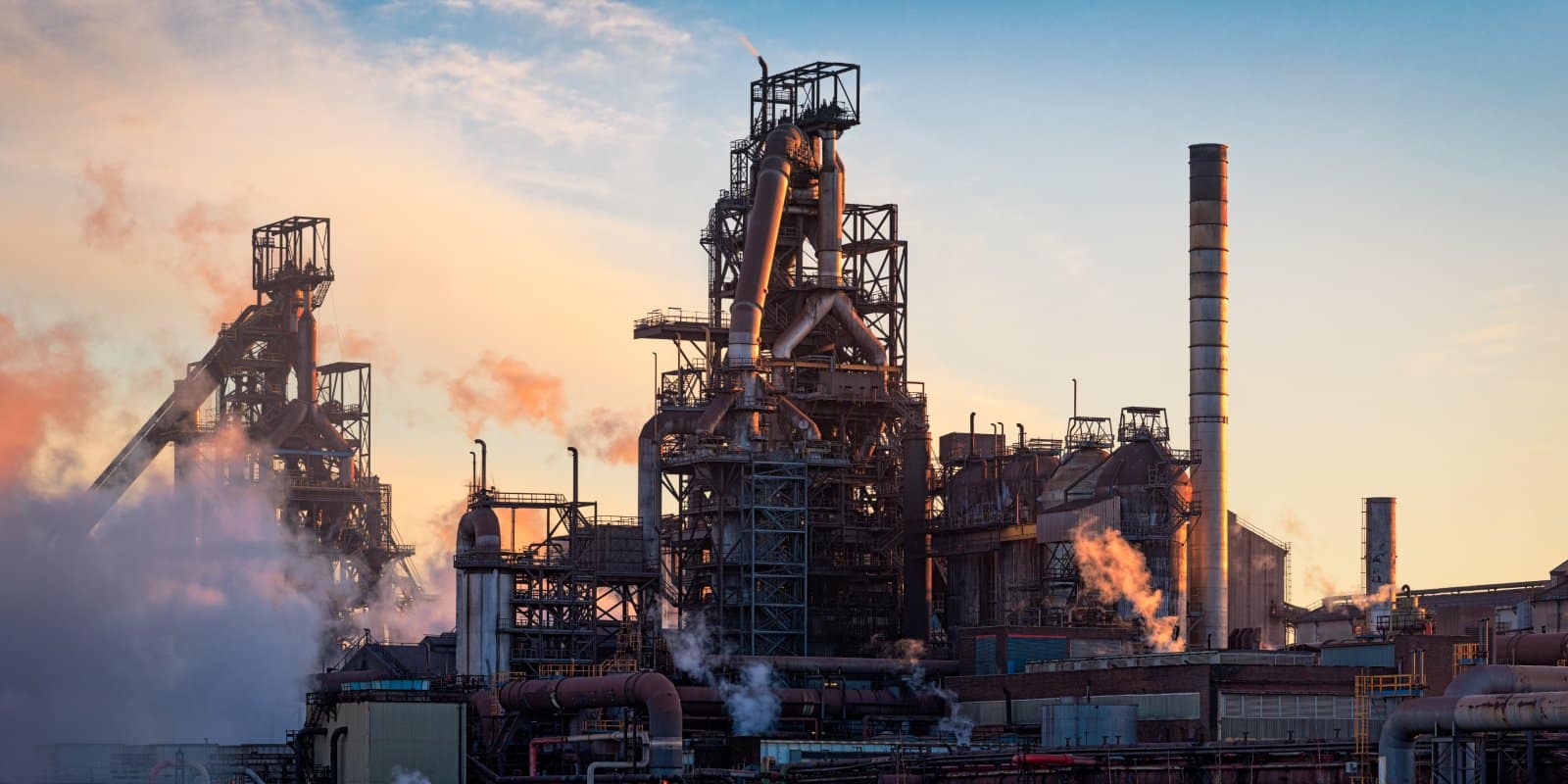
While the strike poses immediate challenges for Tata Steel’s operations, it remains to be seen if this historic strike action will force the company to heed workers’ demands before or after the election.
25 Things You CAN’T Talk About Anymore

Remember the days when you could freely discuss just about anything without fear of sparking controversy? Well, those days are long gone. In today’s hyper-sensitive world, there are topics so fraught with tension that even mentioning them can lead to heated debates and hurt feelings. 25 Things You CAN’T Talk About Anymore
Stranded: 15 Worst British Cars in History
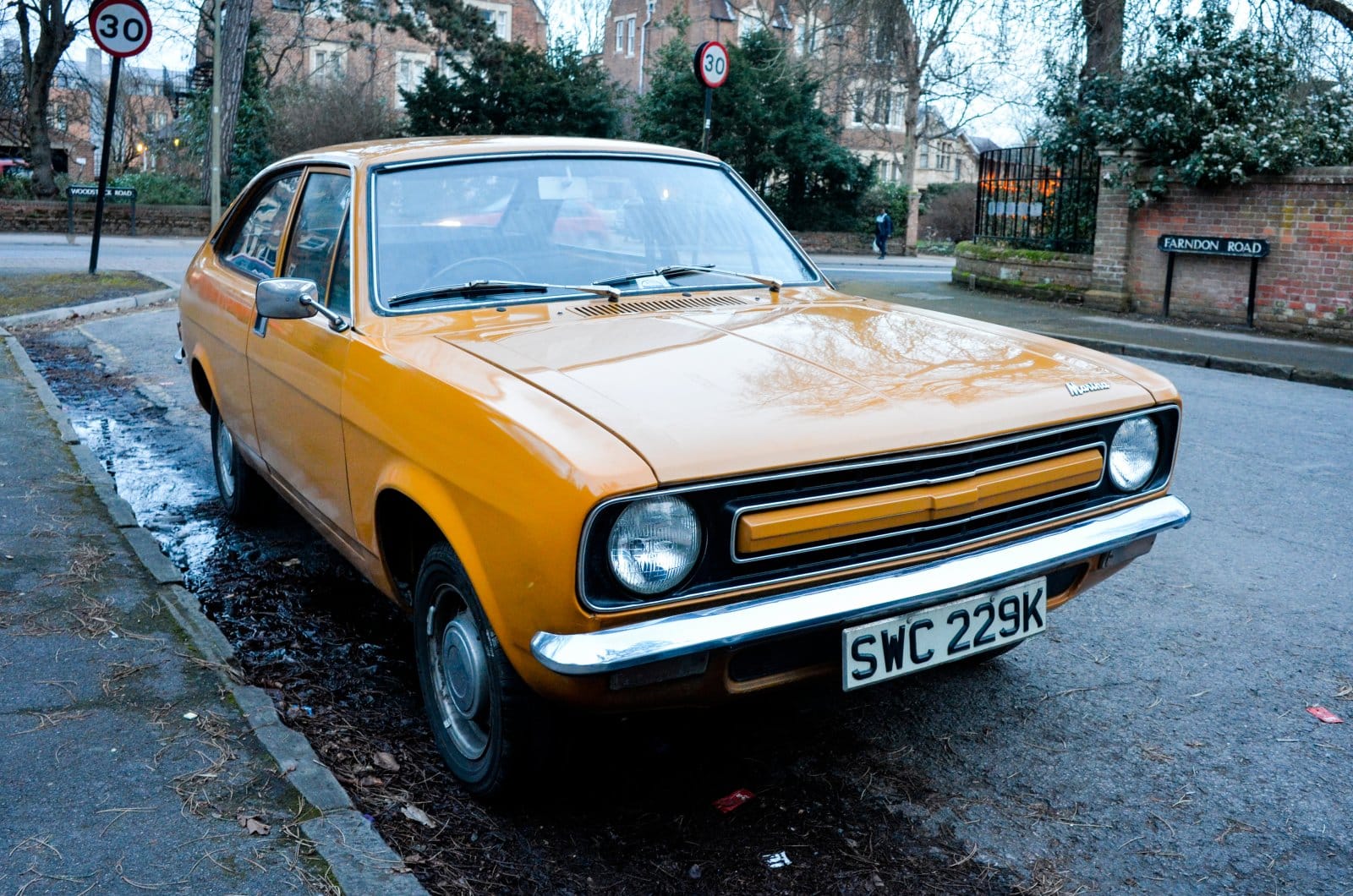
Ever had a car that spent more time with the mechanic than on the road? A car that turned every journey into a game of “Will we actually get there?” If so, you might just see a familiar face (or should we say, chassis) in our countdown to the most unreliable British car in history. Stranded: 15 Worst British Cars in History
“Britain Will Become Unrecognizable” – Suella Braverman Spells Disaster for UK Amid Steep Rise in Visas Issued

Former Home Secretary Suella Braverman has warned that Britain will become “unrecognizable,” criticizing the amount of work visas the Home Office has approved, despite only being removed from her role in November. “Britain Will Become Unrecognizable” – Suella Braverman Spells Disaster for UK Amid Steep Rise in Visas Issued
20 Things From the ‘70s That Are Not OK Today
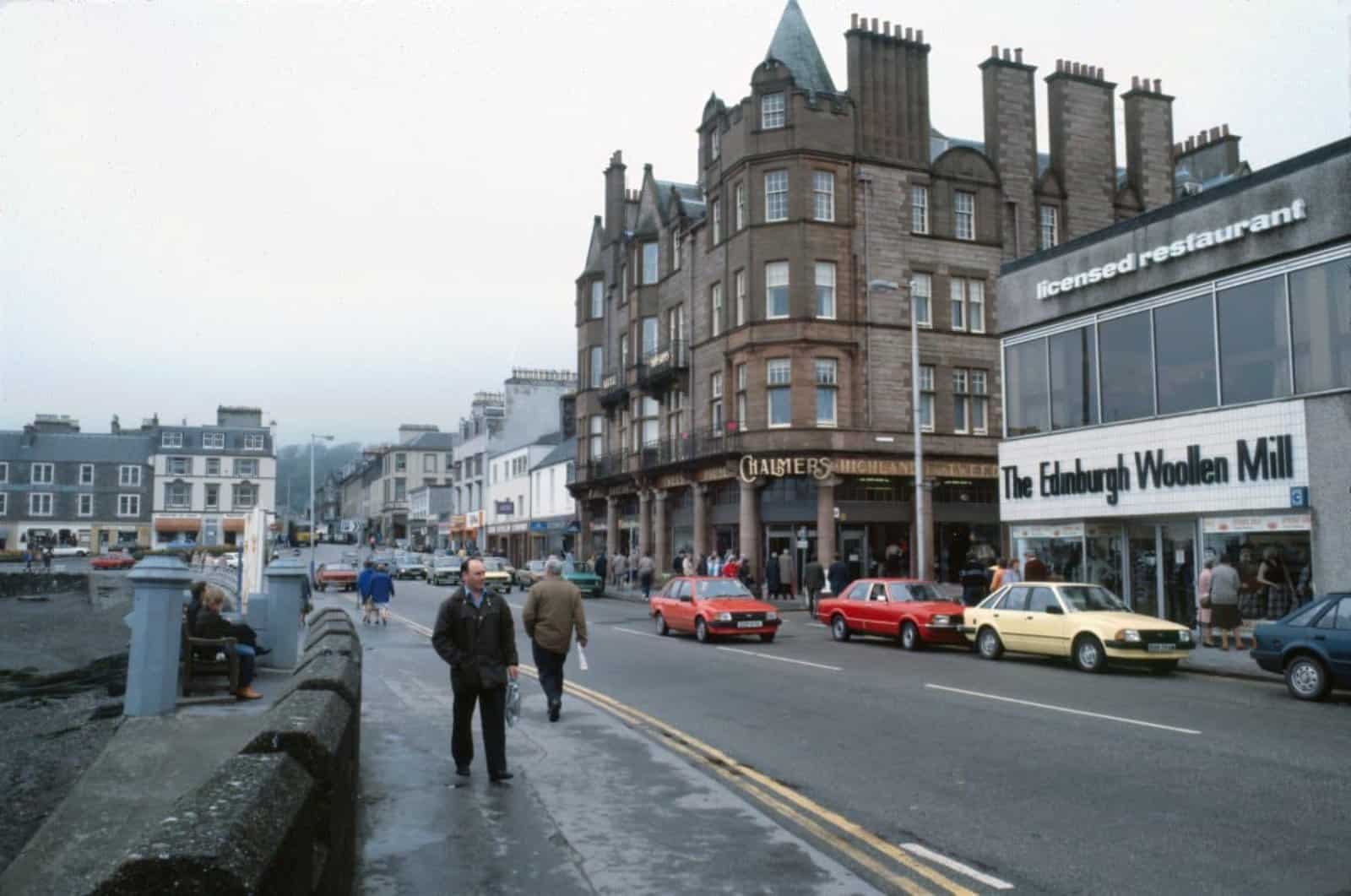
Step into the time machine and set the dial to the 1970s, a decade of disco, bell-bottoms, and some rather questionable choices. While the ’70s gave us iconic music and groundbreaking TV, not everything from this groovy era would get a green light today. 20 Things From the ‘70s That Are Not OK Today
20 Best and Worst Universities in the UK
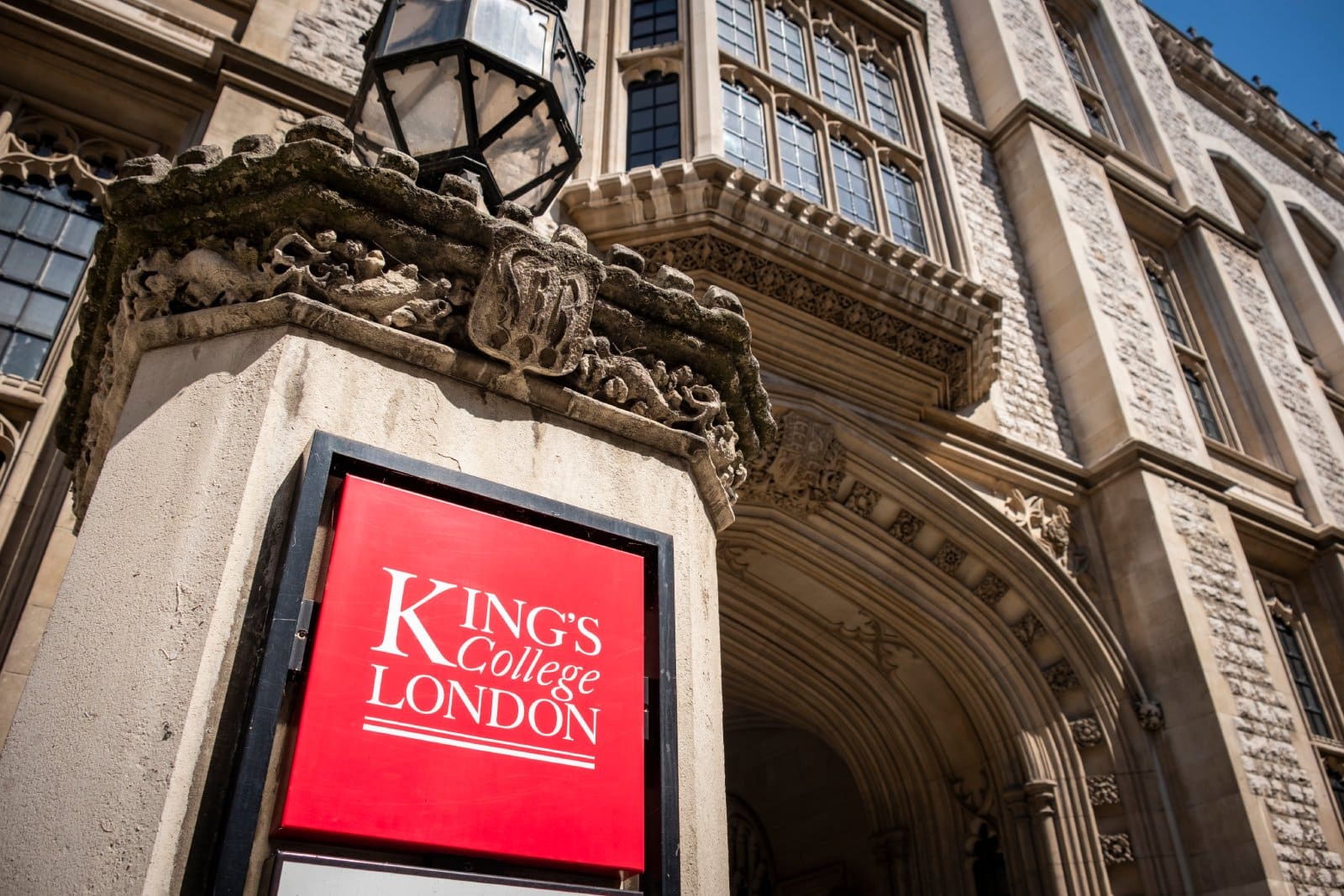
Navigating the UK university landscape is like deciphering a complex code of rankings, reviews, and reputations to uncover where you’ll not just learn, but truly flourish. Whether you’re drawn to the historic halls of Oxford or the creative buzz of Goldsmiths, finding your perfect fit is about aligning your aspirations with the unique offerings of each institution. 20 Best and Worst Universities in the UK
The post Tata Steel Faces Industrial Showdown Over 2,800 Job Cuts first appeared on Edge Media.
Featured Image Credit: Shutterstock / Chris Goddard.
Grant Gallacher is a seasoned writer with expertise in politics and impactful daily news. His work, deeply rooted in addressing issues that resonate with a wide audience, showcases an unwavering commitment to bringing forth the stories that matter. He is also known for satirical writing and stand up comedy.

